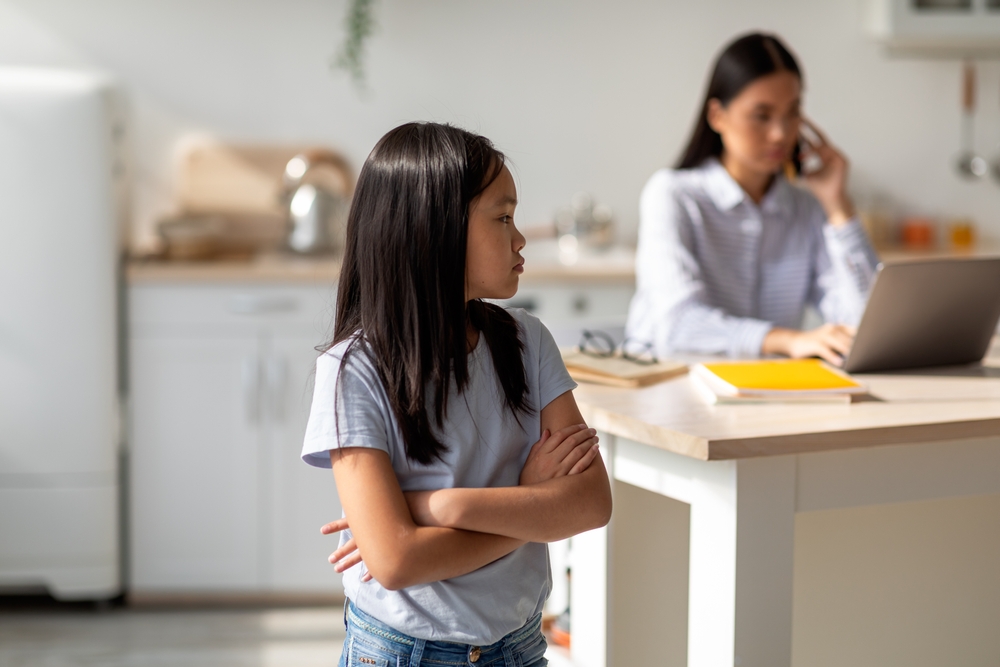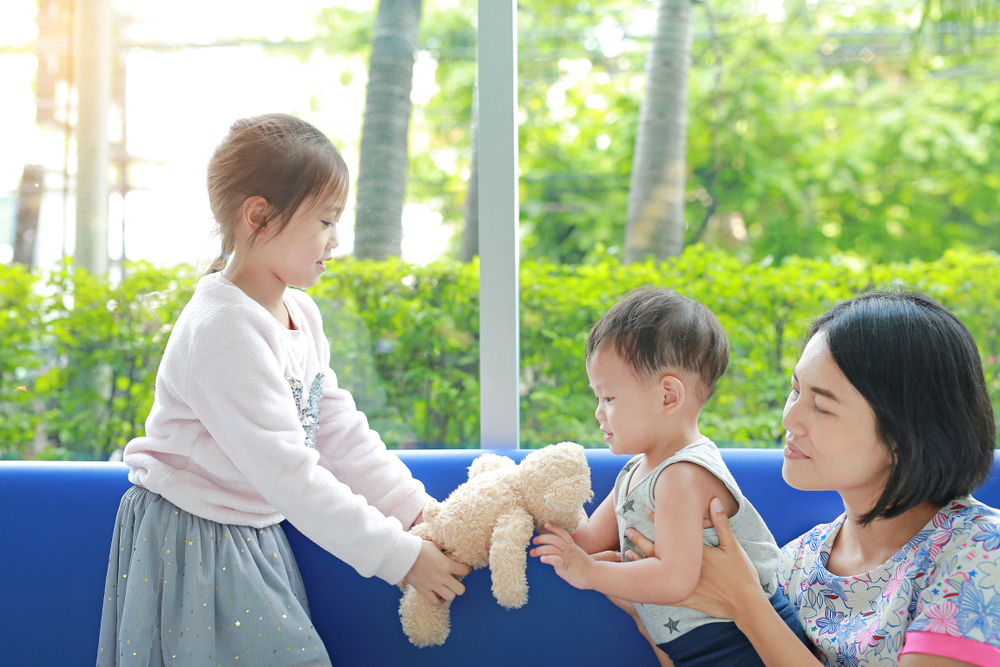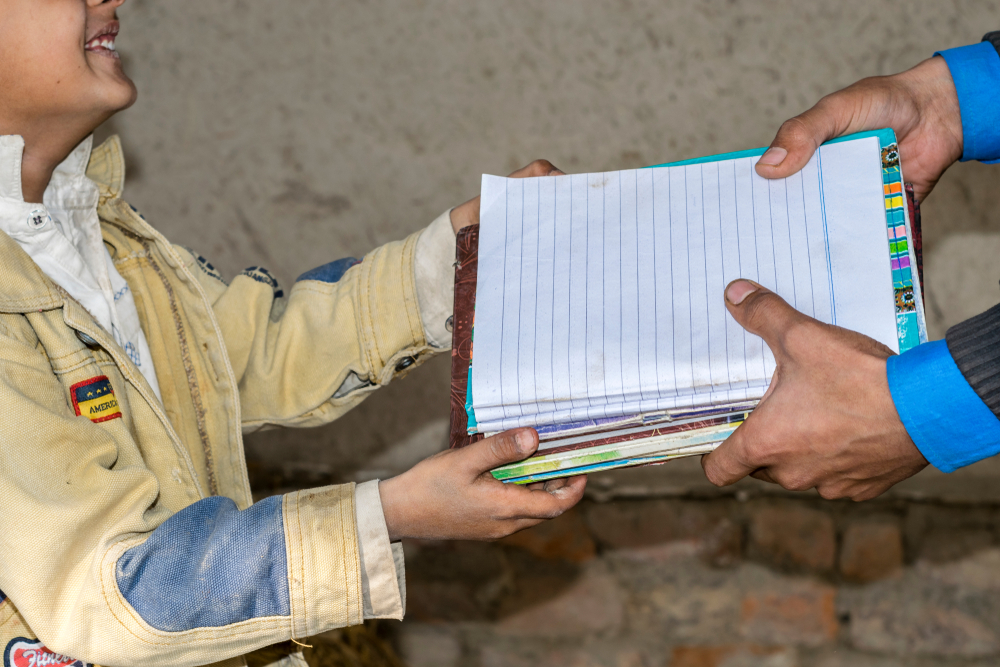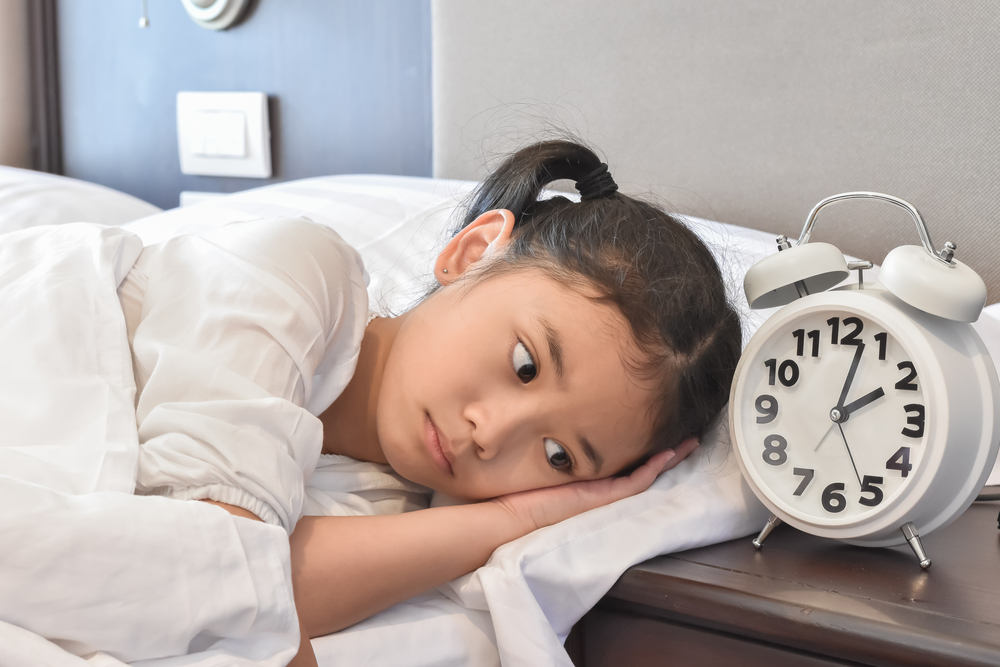Parents Zone
December 2023

Written by: Registered Public Health Nutritionist (UK) and Nutritionist, Ng Pui Yu
In my online community, parents often ask, “What should children with sensitive airways/frequent colds eat to strengthen their immunity?”
When children are sick, it’s not only hard for them but also for parents who care for them day and night. There are many viruses that can cause colds, and since young children haven’t been exposed to them before, they haven’t developed the necessary antibodies, making them more susceptible to illness. It’s normal for young children to have 6 to 8 or even more colds in a year. Additionally, immune health is related to conditions like nasal sensitivity, airway sensitivity, and eczema.
Of course, if lifestyle habits can be improved to enhance immunity, recovery from illness can be faster.
Daily Exercise for a Strong Physique
Today’s children lead busy lives, attending school, extracurricular activities, and tutoring classes daily. Moreover, most parents work full-time, limiting the opportunities for their children to engage in physical activity. Besides paying attention to a child’s diet, it is crucial for parents to schedule 30 to 60 minutes of exercise for their children each day. Even activities like running, climbing, playing on slides, and swinging in the park are sufficient. Developing a habit of regular exercise should start from a young age. The author’s child, during the school years, has already begun the practice of going to the park 1 to 2 times a day, adapting to indoor playrooms on extremely hot or rainy days.
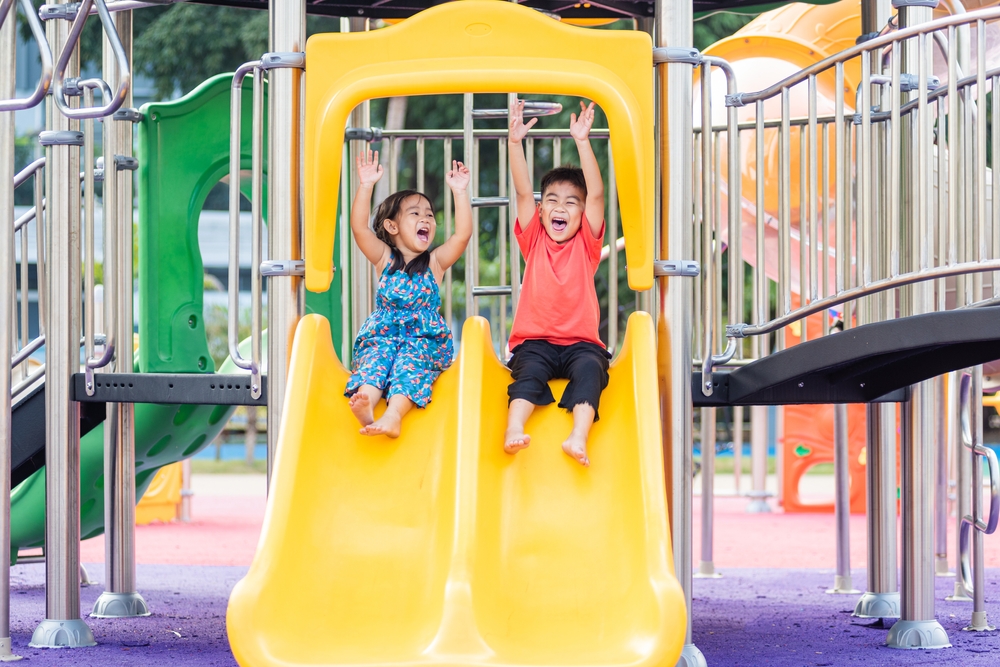
Early to Bed, Early to Rise for Good Health
According to a study by the Chinese University of Hong Kong, many children face the issue of insufficient sleep. They may be reluctant to go to bed due to busy homework schedules, waiting for parents to return home from work, and various other reasons. Some children may stay awake until 11 pm or even later. If this is the case, it becomes more likely for them to fall ill, experience poor concentration, and exhibit inadequate emotional control. Therefore, the author’s child typically goes to bed around 9:30 pm. If possible, an even earlier bedtime is recommended!























